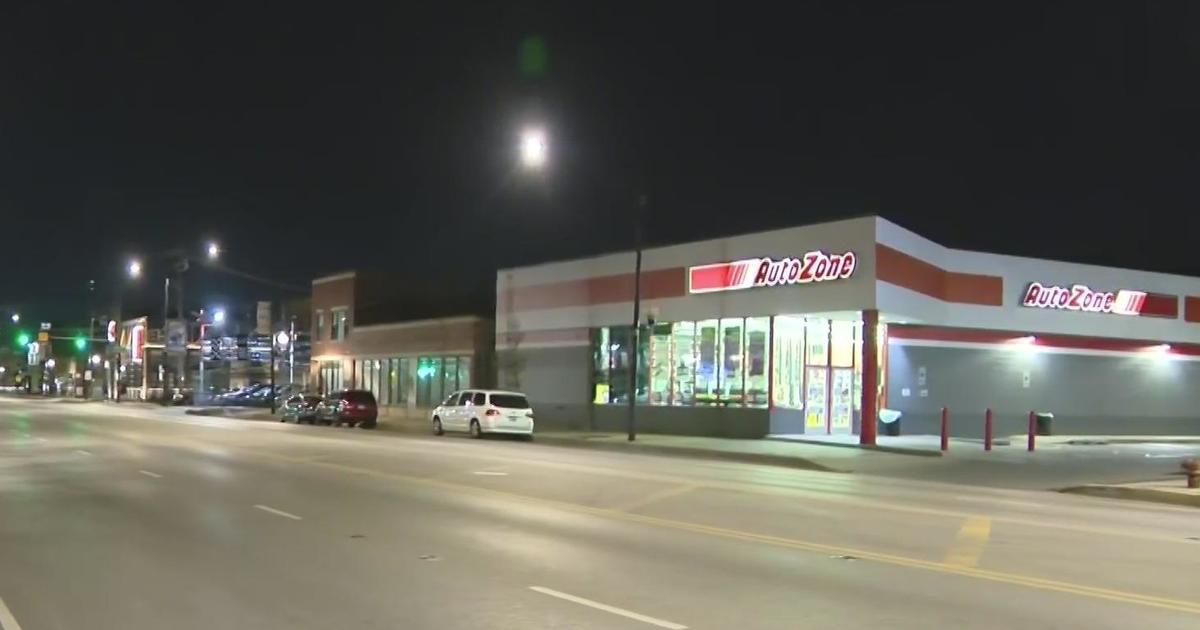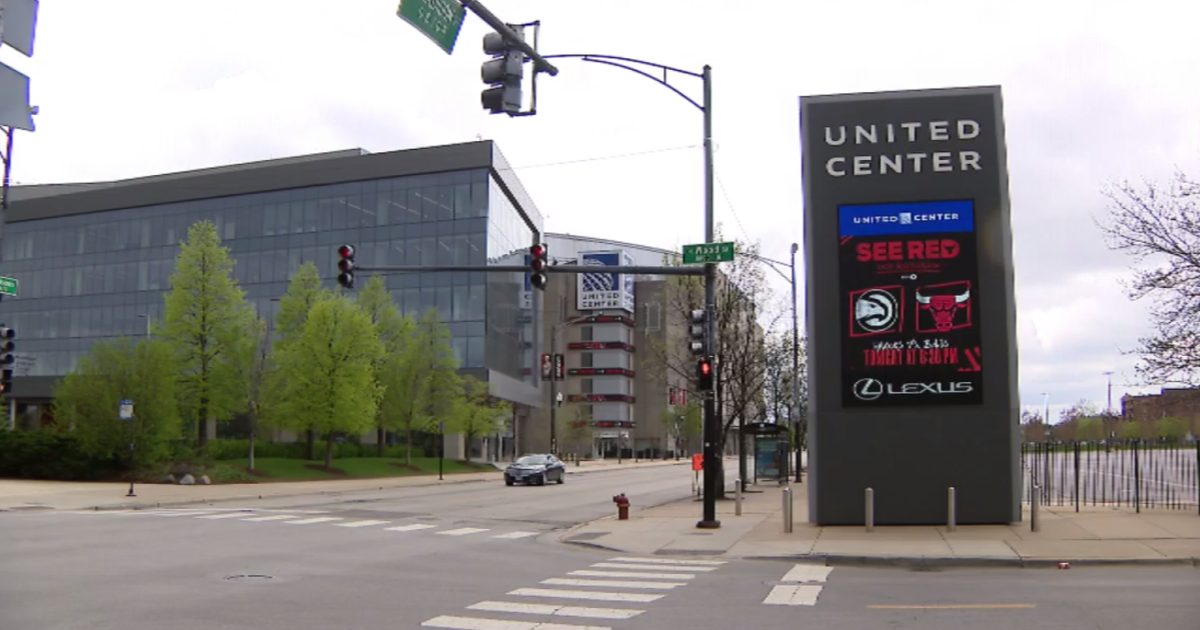From Car Parts To Clothing: How Proposed Tariffs Could Affect Consumers
CHICAGO (CBS) -- UPDATE: On Friday night, the U.S. and Mexico reached a deal on immigration enforcement, signaling the end of tariff threats proposed by President Trump.
I am pleased to inform you that The United States of America has reached a signed agreement with Mexico. The Tariffs scheduled to be implemented by the U.S. on Monday, against Mexico, are hereby indefinitely suspended. Mexico, in turn, has agreed to take strong measures to....
— Donald J. Trump (@realDonaldTrump) June 8, 2019
What will happen come Monday?
The U.S. and Mexico claim progress is being made to avoid import tariffs. Still, President Trump is threatening to impose tariffs to stem the flow of Central American immigrants crossing into the U.S. from Mexico.
CBS 2 political reporter Derrick Blakley has more on what these tariffs could mean when you head to the store.
The United States imports a wide array of Mexican products, from automobiles to auto parts to clothing. But if President Trump makes good on his threat to impose tariffs on Mexican goods, the first place most consumers will feel the pain will be their grocery bill.
Grocery shoppers are bracing for the possible imposition of tariffs on Mexican produce, bringing the trade war directly to their dinner table.
"Doesn't sound great. I don't want to pay more for tomatoes just because they're from Mexico," said shopper Stacy Turenne.
President Trump is threatening to impose a 5% tariff, or tax, on all Mexican imports starting Monday, unless Mexico does more to stop Central American migrants from reaching the U.S. Border. But last minute talks continue.
"There's a legal notification that goes forward today with the plan to implement tariffs on Monday," said Marc Short, the Vice President's Chief of Staff. "But I think there is the ability, if negotiations continue to go well, that the president can turn that off at some point over the weekend.
But the president has warned a 5% tariff may be only the beginning.
The U.S. imports 13 billion dollars in Mexican produce each year, from lemons and limes, to onions and tomatoes and Mexican favorites like cilantro and avocados. If the tariffs raise prices too high, suppliers can turn to other countries.
"All retailers, we're going to do our best to try to defer costs and get the best prices," said George Pennacchio, manager at Valli Produce.
But some shoppers bristle at paying more for veggies to force international action.
"I think its an economic solution to an immigration problem. I don't think it's attacking the problem in an appropriate place," said shopper Katherine Lauderbach.
Several hours ago, President Trump tweeted that the tariffs might be avoided if Mexico agrees to buy more American goods, which avoids any type of issue regarding the border or immigration.
So where the tariff issue stands now, only President Trump knows for sure.



